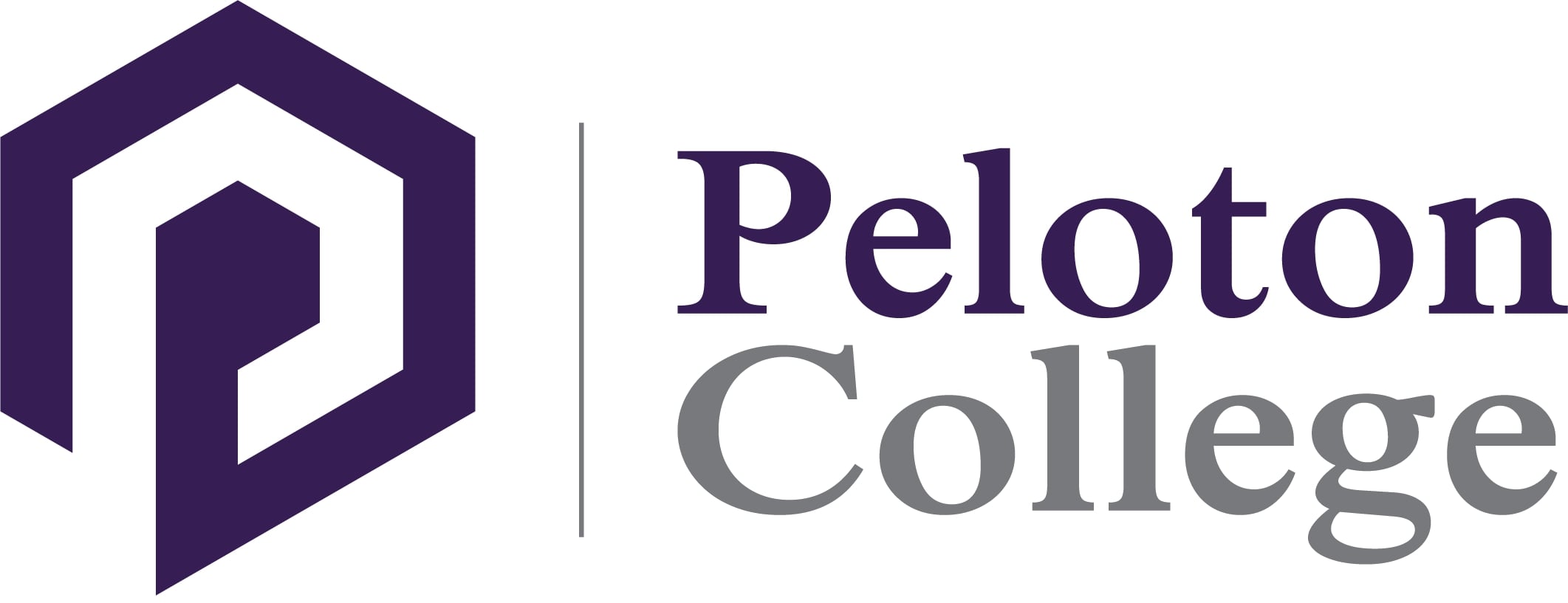Is Medical Billing a Good Career Choice?

Working in healthcare is one of the most rewarding career paths available to today’s job seekers. The need for doctors, nurses, and other clinical staff will continue growing based on the demographics of our aging population.
For every clinical position, employers must fill administrative positions that provide support to help accomplish the patient care mission. If you’re interested in a challenging field that offers job security and flexibility you should consider a career in medical billing and coding.
Working in the healthcare industry is a well-respected role that serves the societal good. Ideal medical billing and coding specialists are motivated self-starters who welcome challenges. As a medical billing and coding specialist, you will interpret a wide range of clinical information and generate invoices that adhere to complex rules and regulations.
What is Medical Billing and Coding?
Every medical service, from examinations to imaging studies to emergency room visits, must be properly memorialized, reviewed, and billed. Medical billing and coding specialists handle the administrative aspect of medical recordkeeping and generate invoices to obtain reimbursement from patients and insurance providers.
Medical billing and coding is a multi-faceted vocation in which you provide document review, quality assurance, revenue generation, and collections services. You must be detail-oriented, efficient, and a strong critical thinker to excel in the profession.
Medical billing and coding specialists are also pivotal points of contact. They collaborate with doctors and nurses every day to ensure medical services are properly documented and bills are factual. Medical billing and coding specialists review rejected claims and issue appeals to secure payments when claims are wrongfully denied. This requires ongoing research and knowledge of health insurance policy.
Benefits of a Career in Medical Billing
There are many benefits to a career in medical billing and coding. These benefits include:
Helping Others
As a medical billing and coding specialist, you serve a valuable role in the healthcare system. By supporting clinicians, you indirectly help patients every day. Your contributions keep caregivers focused on treatment while securing payments for rendered services. Medical billing and coding is an excellent career choice if you enjoy helping people in need but are uninterested in clinical care duties.
In addition, you will help patients interpret explanations of benefits and file appeals for denied services. Your knowledge and skill allow you to help patients navigate the complex business side of healthcare so they can focus on their recoveries. You’ll experience immense personal satisfaction from knowing your work impacts people’s lives.
Dynamic and Fast-Paced Environment
Medical practices, clinics, and hospitals treat patients every day. As a result, you will have a continuous stream of incoming work. Beyond job security, the volume of cases is excellent for people that crave a fast-paced work environment.
You’ll face new cases, shifting work priorities based on the needs of your facility, and a variety of daily tasks. The shifting duties are excellent for individuals who cannot tolerate monotony.
Career Flexibility
Your billing and coding skills are portable. You will be able to find positions with large hospital systems, small practices, specialty clinics, and insurance companies. Employers’ demand for well-trained medical billing and coding specialists allows you to find opportunities that suit your needs. The variety of employers means you can be selective, looking for positions with compensation, work-life balance, schedule, and scope of work that suit you and your family’s needs.
Pathways for Advancement
Larger employers have teams of medical billers and coders. Their departments are structured to divide tasks, allow talented billers and coders to specialize in specific fields of medicine, and ensure proper oversight of each phase of the billing cycle.
Due to the differentiation, there are roles for team leaders, quality assurance personnel, supervisors, and managers. Your success can help you climb the organizational chart to secure promotions.
Smaller employers like clinics and medical practices rely on medical billers and coders who can handle every aspect of the revenue cycle, from chart review to collections. These generalist roles require great multi-taskers who can manage workflow to meet timely filing deadlines. Working as a generalist will make you an indispensable team member your employer will strive to retain.
Stability
Healthcare is a necessity because everyone will get sick or injured at some point in their life. This makes medical billing and coding more resistant to economic downturns and swings in the labor market than other professions. While no career is completely immune to job loss, healthcare careers are highly stable. Facilities cannot function without medical billing and coding specialists because of their vital role in compliance and revenue generation.
In the event your employer suffers challenges, medical billing and coding is an in-demand field. As long as you stay current on trends in the industry, your skills will never be phased out by employers.
How Do You Become a Medical Biller?
The optimal way to begin a career in medical billing is by attending a vocational school. You’ll acquire theoretical insight about healthcare administration, the technical knowledge to work in billing, and the practical skills you’ll use every workday.
Vocational schools are for serious students who want a rewarding career through which they can grow as professionals. Medical billing and coding requires a deep understanding of healthcare policy, laws, and federal regulations. While you could attempt to teach yourself or work your way up from an entry-level clerical position, the pathway is uncertain and extremely challenging.
Vocational education will open more doors and position you for success with an employer of any size or scope.
Why Choose a Formal Education?
Medical billing and coding specialists have to understand complex billing systems, be comfortable working in multiple software programs, and have enough clinical knowledge to read and interpret medical records. The field requires a broad knowledge base. In addition, bills are subject to strict deadlines, invoicing conventions, and high ethical standards. Without a thorough understanding of how to perform the tasks, billing offices can be overwhelming environments.
Completing a vocational program will help you understand how the billing process works. Graduates are more likely to thrive in the workplace and progress through their careers.
Stronger Candidates
Medical billing and coding is critical to a facility’s success and ability to treat patients. Just as employers want to hire the best doctors, they want to hire the best medical billers and coders. Recruiters prefer applicants with formal training. Completing a program shows your commitment to the career, your ability to accomplish goals, and your skills to perform the job.
Graduation from a formal program is a condition of employment for many of the top employers. Due to the fast pace of the work and its critical nature, employers want candidates they can onboard quickly. Your education proves you can learn and persevere through challenges. In addition, specialized training increases your likelihood of being promoted.
Comprehensive Curriculum
Vocational schools build their curriculums with the workplace in mind. Your coursework covers the knowledge and skills needed to perform medical billing and coding tasks. You’ll take classes covering anatomy, pathophysiology, billing principles, advanced coding, and health information systems.
Your coursework will always relate to the workplace. Learning the underlying concepts will make you a better medical billing and coding specialist and prepare you for positions with wider scopes of duties and more responsibility as you progress through your career.
Hands-On Learning
The courses at vocational schools prepare you for the workplace by centering the instruction on practical application. You will read medical records, study real-world cases, and generate bills using current software programs.
This type of learning builds confidence because you will have already done the tasks required by the job before you enter the field. By exposing students to the day-to-day challenges, they will face on the job, vocational schools provide clear expectations for your employment.
Experienced Instructors
The instructors at vocational schools are professionals with years of experience in the field. They are skilled at bridging the gap between textbook learning and practical application.
Your instructors will provide valuable advice on issues you’ll face in the workplace and use examples from actual medical cases. In addition, they will help you prepare for the nuances of working independently and as part of a team in a healthcare setting. The instructors can also offer insight into positions that may appeal to your preferences and skillset.
Career Preparation
Vocational schools guide you on professional certifications you can obtain to enhance your resume. They have preparatory resources for transitioning to the field and job boards with quality positions.
As a student, you’ll have access to career services to help you prepare a strong resume, familiarize yourself with common interview questions, and advice about what to look for in potential employers.
Want to Learn More?
The Medical Billing and Coding training program at Peloton College provides students vital knowledge in Medical Terminology and Understanding Health Insurance Claims and prepares students to be able to work with and maintain electronic health record systems in the health care industry. Graduates of this Medical Billing and Coding training program will also be eligible to sit for the Certified Electronic Health Records Specialist (CEHRS) Certification or the Certified Billing and Coding Specialist (CBCS) Certification.
The mission of Peloton College is to be the premier provider of hands-on training and education by providing students and graduates with the necessary skills to secure occupational careers. Contact us today to learn more.



